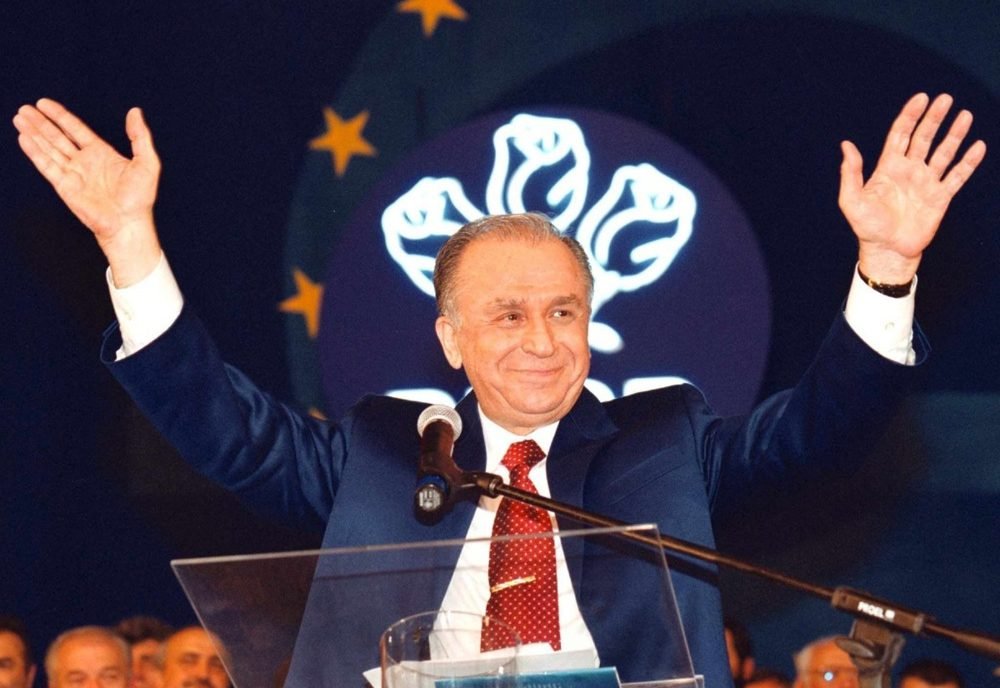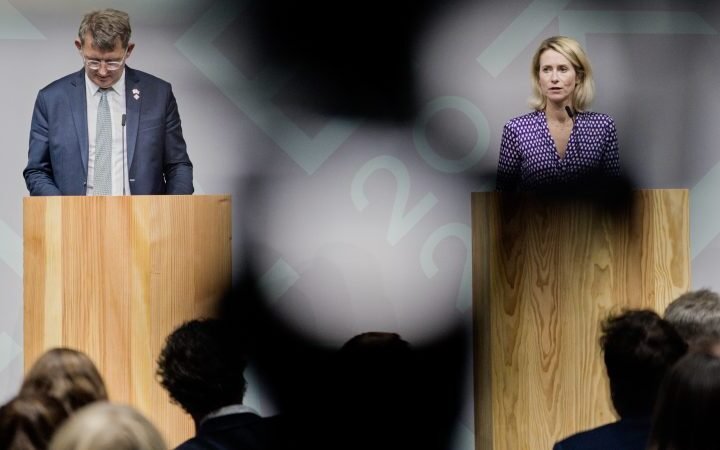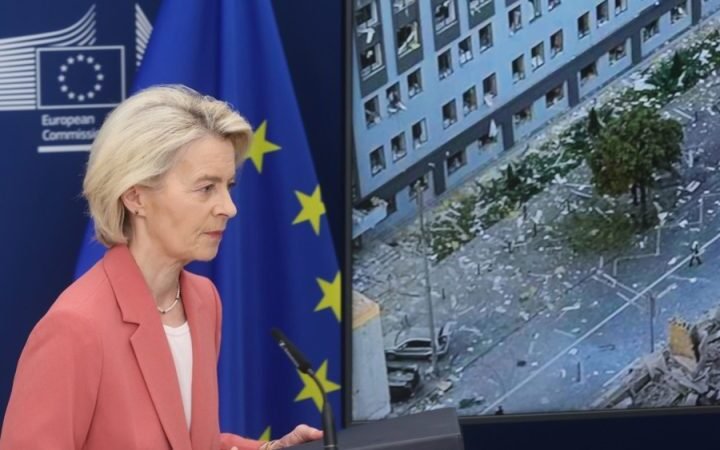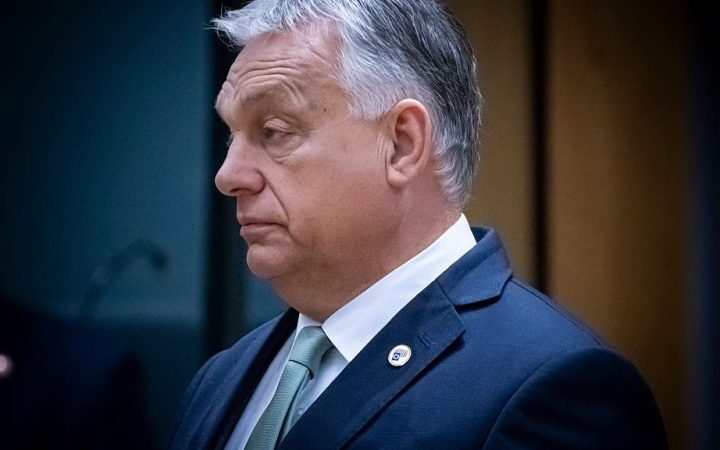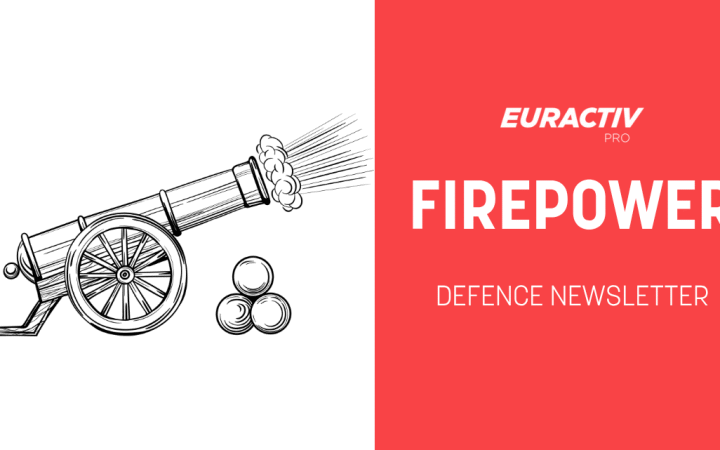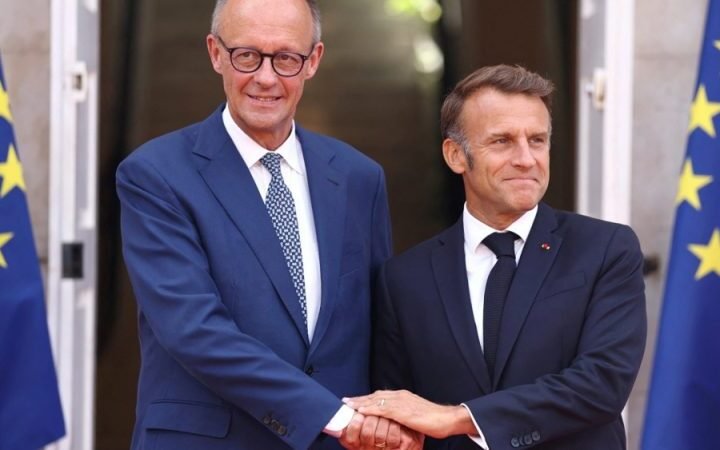Ion Iliescu, Romania’s First Post-Communist President, Dies at 95
Ion Iliescu, the first president of Romania after the fall of communism, passed away on Tuesday at the age of 95, leaving behind a highly contentious legacy, reports 24brussels.
A key figure in Romania’s history since 1989, Iliescu was elected in the country’s first free elections in 1990 and subsequently re-elected in 1992 and 2000. Although he stepped back from active politics, his influence within the Social Democratic Party persisted, albeit limited by health issues in recent years, including a lung cancer diagnosis shortly before his death.
Iliescu began his political career studying in Moscow and originally climbed the ranks of the Communist Party before being pushed aside by dictator Nicolae Ceaușescu. Following Ceaușescu’s downfall and execution in December 1989, Iliescu quickly emerged as a significant player, forming the National Salvation Front with other opposition figures and taking control of the government with military support, leading to his appointment as interim leader.
Debate surrounding Iliescu’s actions during and after the Revolution remains unresolved. Some revolutionaries assert that he sought Soviet military aid on December 23, 1989. His previous affiliations with the communist regime incited mass protests in Bucharest’s University Square in 1990.
In response to the protests, Iliescu summoned miners from the Jiu Valley, leading to violent confrontations infamously dubbed the “Mineriada.” This crackdown faced widespread backlash, with slow progress on legal repercussions.
In April 2024, Iliescu and former Prime Minister Petre Roman were charged with crimes against humanity related to the violent events of June 1990. Prosecutors assert that the coordinated state actions resulted in four deaths, two rapes, over 1,300 injuries, and more than 1,200 unlawful detentions.
Critics contend that Romania’s democratic evolution could have taken a different route if the 1990 Timișoara Proclamation, which aimed to exclude former communists from office, had been enacted. Conversely, supporters argue that Iliescu played a crucial role in stabilizing Romania, initiating EU integration efforts with the 1995 Snagov Declaration, and guiding the nation towards NATO membership during his last term.
